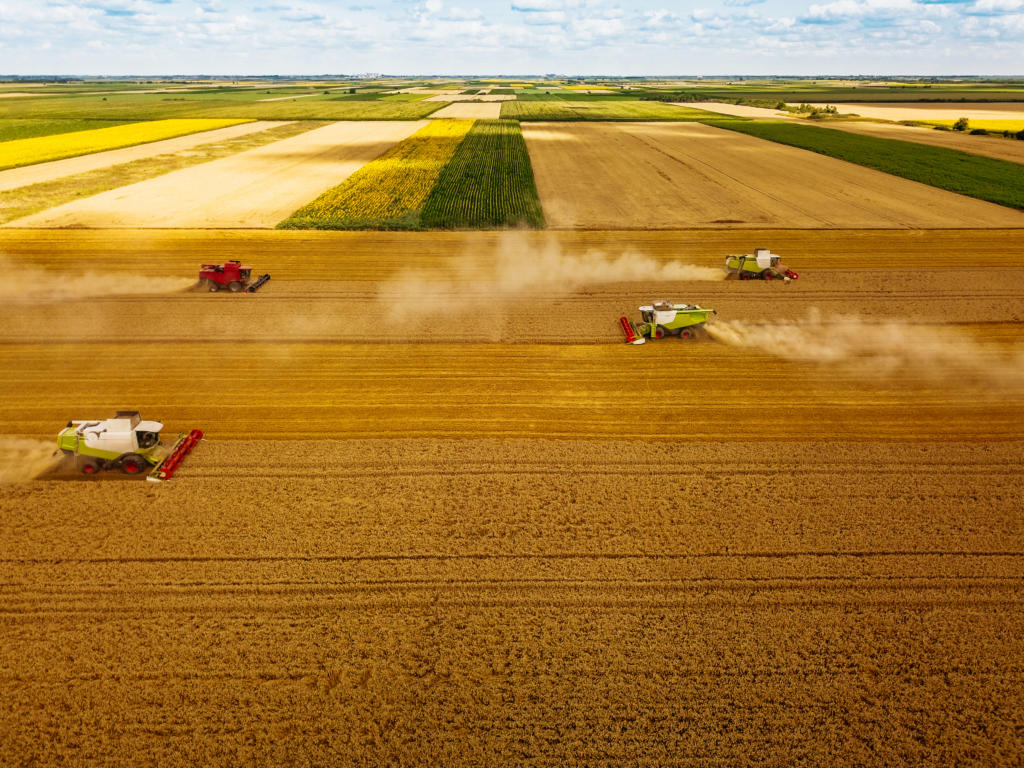
The Government’s announcement of a new points-based immigration system has met with criticism from the NFU and others in the farming sector. Lisa Mulholland, associate solicitor and head of immigration at Stephens Scown explains the changes.
On 19 February the Government announced the long-awaited details of the new immigration system. The reaction from the NFU was swift, with President Minette Batters expressing serious concern about the plans.
She said: “We have said repeatedly that for farm businesses, it is about having the full range of skills needed – from pickers and packers to meat processors and vets – if we are to continue to deliver high quality, affordable food for the public.” She went on to say, “Failure to provide an entry route for these jobs will severely impact the farming sector.”
Quick guide to the new immigration system
It is proposed that the new arrangements will take effect once free movement with the EU has ended at the end of the transition period, on 1 January 2021. New immigration routes are likely to open from Autumn 2020 for applications to work, live and study in the UK from 1 January 2021.
The new Immigration Rules will apply to EU and Non-EU nationals alike and signify the end of free movement as we know it.
In order to qualify under the new system, applicants will need evidence that they have a confirmed job offer from an approved sponsor in the UK, that the job offer is at the required skill level, that they speak an acceptable level of English and will earn more than the minimum salary threshold of £25,600.
These proposals represent significant change for employers in the UK. The suggestion from the government is that a “wide pool of skilled workers will be able to come to the UK from anywhere in the world and the process will be made simpler and quicker for employers.” However, employers who are not currently approved by the Home Office to be a sponsor will not be able to recruit workers from overseas unless they hold a licence.
Expansion of seasonal agriculture workers pilot scheme
The government will not implement a route for lower-skilled workers, even for a temporary period. This is a change from the 2018 government white paper, which had proposed a system of 12 month work visas for those not deemed to have met the skills threshold, for at least a transitional period.
However, the Government has announced that the number of visas which can be issued under the pilot scheme for seasonal workers in agriculture will increase from 2,500 per year to 10,000.
These workers will be in addition to the EU workers already travelling to the UK during the transition period, to provide seasonal labour on farms this year. From January 2021, EU workers will no longer have free movement, so we must wait and see if the 10,000 cap is increased again. I understand that the pilot scheme will be evaluated before any decisions are taken on how the future needs of the sector will be addressed.
Nick Marston, chair of British summer fruits said the sector had already suffered staff shortages of 10-20% in 2018 according to an article published on Farming UK.
NFU President Minnette Batters said: “Although the expansion of the seasonal workers scheme will ease some of the pressure for the coming season, growers remain very concerned about how they will recruit vitally important seasonal workers in future.”
She urged the UK Government to commit to delivering a full scheme for 2021, ensuring that the sector will be able to recruit the 70,000 seasonal workers needed on British fruit, veg and flower farms.
What farming businesses need to do
Employers in the farming and agriculture sector should consider making an application for a licence now if they think they will want to sponsor skilled migrants, including from the EU, from early 2021.
In the meantime, I encourage you to remind any current EU national employees of their need to make applications under the EU Settlement Scheme before the deadline of 30 June 2021.
